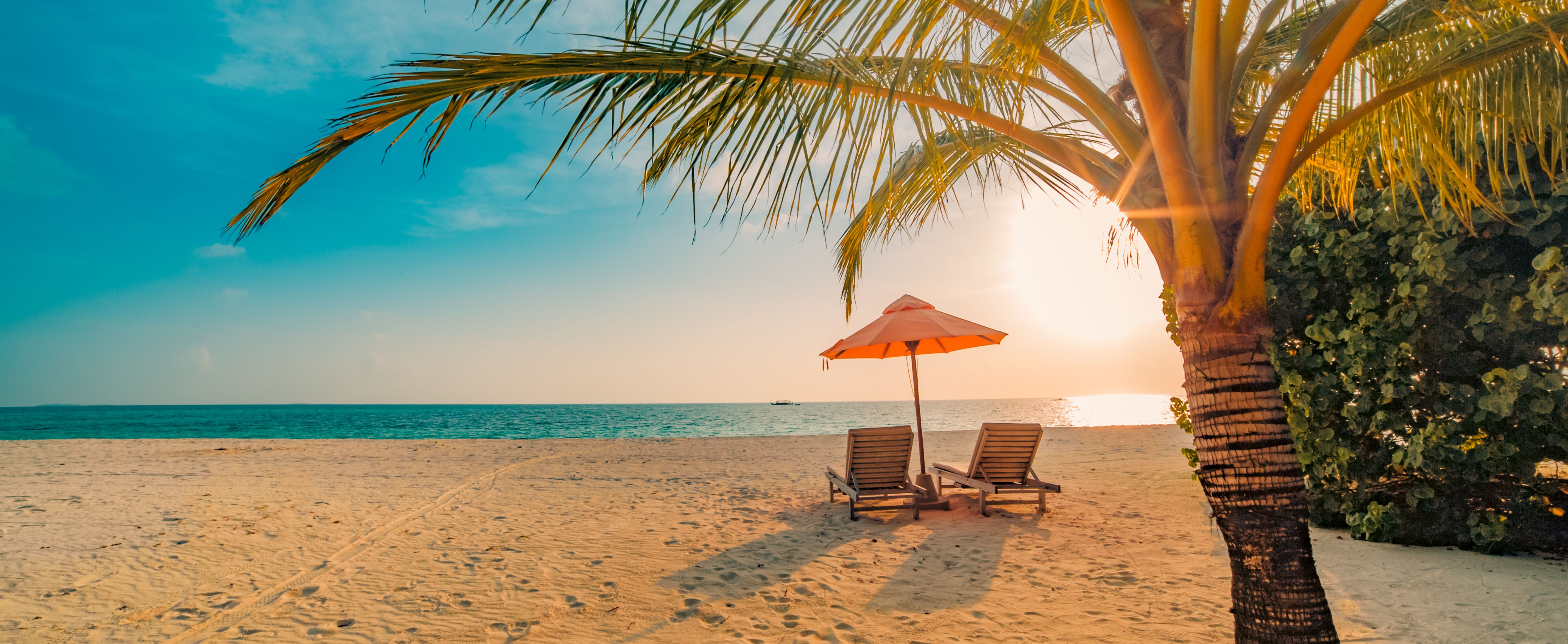Thoughts on coronavirus from the Caribbean
In every corner of the world, people are doing their part to thwart the spread of COVID-19. dvm360 columnist Dr. Mike Paul shares what he’s experiencing on the tiny island of Anguilla.
icemanphotos / stock.adobe.com

It is not often that I write anything truly newsworthy. This is in large part because by the time my thoughts are gathered, jelled and edited, they are yesterday’s news for the reader. But we are in rare times, and yesterday’s news is today’s science fiction, and hopefully tonight’s nightmare will soon be tomorrow’s bad dream.
In humans, several coronaviruses are known to cause respiratory infections ranging from the common cold to more severe diseases such as Middle East respiratory syndrome (MERS) and severe acute respiratory syndrome (SARS). More dastardly than its coronavirus cousins, COVID-19 has brought the world to its knees.
Where did it come from?
All indications are that COVID-19 originated in dark and filthy food sources known as wet markets in China. These nightmare marketplaces slaughter and sell wild animals ranging from reptiles, jungle cats, bats and monkeys to cats, dogs and nearly extinct pangolins (scaly anteaters, which some consider a likely source of the virus).
Until recently, most Westerners were unaware of the existence of these hellholes. Today, literally any sentient person has some awareness of the disease. Most of us have been inundated with information nearly 24/7. Initially, some people (including government representatives and pundits) minimized the risk and severity of COVID-19, but worldwide populations have been forced to accept reality: This virus is spreading more rapidly than anticipated. Anyone who isn’t aware of the world’s current plight is either hibernating in a deep cave or has been totally off the grid.
How close can it come?
It was in early February, while I was attending the Western Veterinary Conference in Las Vegas and celebrating my birthday in Denver, that coronavirus first became a topic of news and conversation.
When I returned home to Anguilla, everything was still pretty normal. Flights were uneventful, ferries were readily available and immigration lines moved smoothly. Even with the worry about Italy, there was no obvious sense of foreboding.
Anguilla is a tiny British protectorate with a population of about 15,000. Saint Martin is three to five miles to the south with a population of about 77,000. Cases were confirmed in Saint Barth’s, French Saint Martin and, most recently, Dutch Saint Martin. As the global incidence increases, and with confirmed cases identified just a few miles from our beaches, the people of Anguilla are praying that the virus won’t find its way to our island. It seems almost inevitable. How long will our luck hold?
Our uncertain future
Medical care in Anguilla is limited. Our only hospital is a small facility that is still undergoing repairs and remodeling following devastating damage from Hurricane Irma. The hospital has about a half-dozen rooms and a couple dozen beds. At the moment there are two in-house respirators.
But the life’s blood of the Caribbean is tourism. And with beaches, five-star hotels and villas, magnificent restaurants, and yachts and cruise ships all currently in shutdown mode, the Caribbean’s revenue stream and the health of her people are all in jeopardy. If major European countries aren’t prepared for tens of thousands of cases and thousands of deaths, what could a nearly Third World society be asked to do? Like everyone else, we wash our hands a lot, maintain 6-ft distances between people and sneeze into our elbows. Every effort is focused on staying isolated.
Initially, the protection plan on Anguilla focused on social isolation. Late last week, the Anguilla government took aggressive steps to prevent coronavirus from breaching our shores: Local and regional airports are now closed, as are ferry terminals. Residents returning home and people traveling from other countries are subject to 14-day quarantine. For the next few weeks, the island will remain isolated from travel and, hopefully, remain disease free. Yesterday Anguilla was paradise, today her future is unclear and tomorrow, well, who knows?
Dr. Paul is the former executive director of the Companion Animal Parasite Council and a former president of the American Animal Hospital Association. He is currently the principal of MAGPIE Veterinary Consulting. He is retired from practice and lives in Anguilla, British West Indies.
2 Commerce Drive
Cranbury, NJ 08512
All rights reserved.